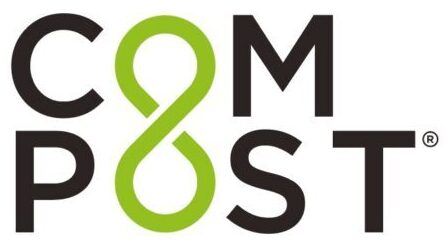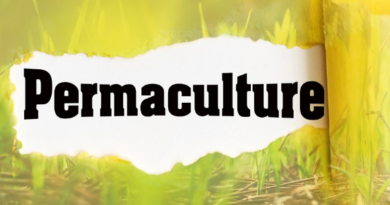How To Choose The Right Soil For Container Gardens
Sometimes the urge to garden might be hampered by circumstances like space constraints, a rocky garden or poor soil. If you are living in a rental house sometimes you can face the dilemma of investing in a property that does not belong to you. Container gardens are a good alternative given you can relocate with them or fit them into the space available. Hanging or vertical container gardens are a viable solution for space and aesthetics.
When beginning your container gardening, the soil will be one of the most important factors to consider. Good soil will be the difference between healthy plants and poor performing or dead plants.
Garden Soil
Garden soil is not viable for use on its own in container gardens as it tends to be dense and heavy. This can cause root rot for your plants as the soil holds water longer than the plants require. Garden soil can also create ‘dirt’ or ‘mud’ after watering making your space dirty.
Compost
Compost is a great choice as it is light and well-draining. However, compost on its own may not have sufficient nutrients for your plants. Compost also continues to break down into humus which is then taken up by plants. So over time, you will find the soil levels in your containers decreasing and you need to top up.
So what is the best solution for containers?
A mix of compost, garden soil and builders sand in a ratio of 1 part each is most suitable. You can add a slow-release organic fertilizer to your mix however this will depend on the plants you are growing. For instance, if you are growing fruiting & flowering plants such as tomatoes, onions capsicum or roses, adding bone meal supplies phosphorous, calcium and nitrogen which are critical for their vigorous growth.




